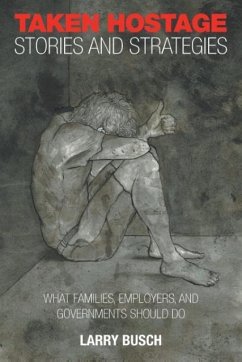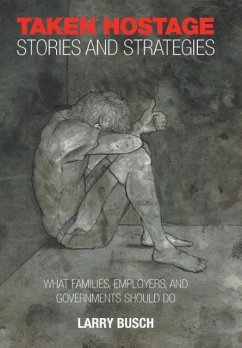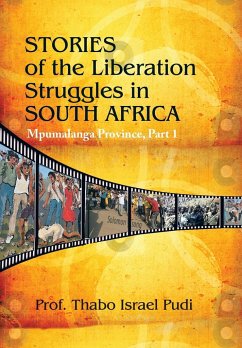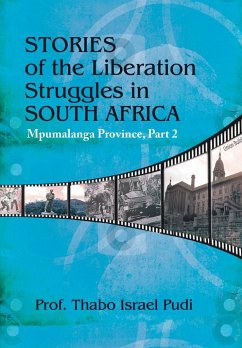Produktdetails
- Verlag: Xlibris
- Seitenzahl: 410
- Erscheinungstermin: 30. April 2016
- Englisch
- Abmessung: 229mm x 152mm x 23mm
- Gewicht: 591g
- ISBN-13: 9781514489376
- ISBN-10: 1514489376
- Artikelnr.: 45102850
Hinweis: Dieser Artikel kann nur an eine deutsche Lieferadresse ausgeliefert werden.
- Herstellerkennzeichnung
- Books on Demand GmbH
- In de Tarpen 42
- 22848 Norderstedt
- info@bod.de
- 040 53433511








